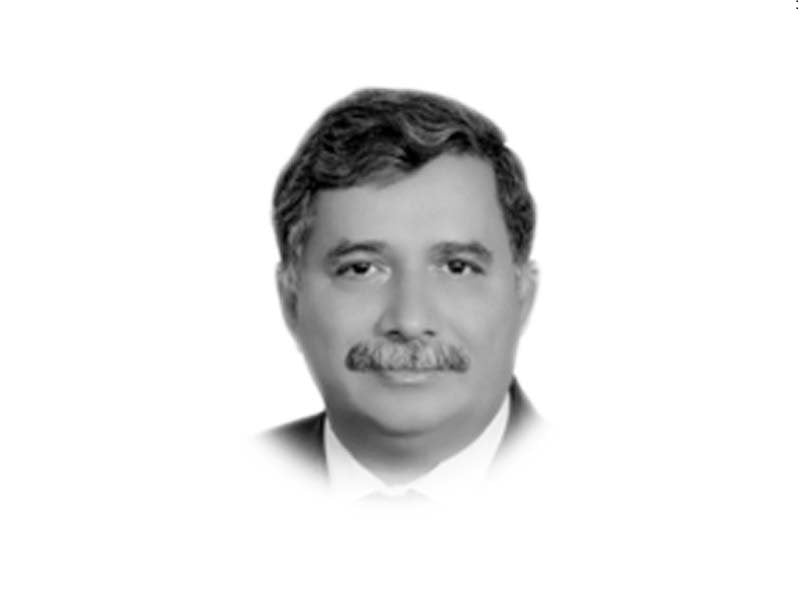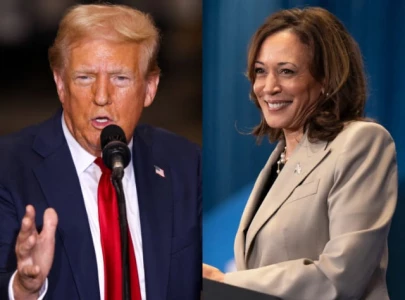
The cat is out of the bag. The government and allies have divulged their plans to bring the 26th constitutional amendment to, what they say, carry out judicial reforms.
The contents of the package, as revealed in a section of the press, suggest drastic changes in the basic structure of the Constitution. As the major coalition partners discuss the proposed changes, they must realise that they take credit for passing of 18th constitutional amendment as one of their most significant achievements in pursuance of the Charter of Democracy. With its passage, the presidential powers to send the government packing under 58(2)(b) were done away with and provinces were granted autonomy. Above all independence of judiciary was cited as a crowning achievement.
Now in the name of judicial reforms, a new procedure for the appointment of judges is being introduced through Article 175(A) under the 18th amendment, whereby the Judicial Commission was authorised to appoint judges of the Supreme Court, High Courts and the Federal Shariat Court. The Judicial Commission comprises Chief Justice of Pakistan as Chairman; four senior most judges of the Supreme Court; one former Chief Justice or judge of the Supreme Court nominated by the Chairman in consultation with four member judges for a period of two years; the Attorney General; the Federal Law Minister and a senior advocate of Supreme Court nominated by the Pakistan Bar Council. Moreover, Article 177 states the President can also appoint judges in accordance with Article 175(A). The intent and purpose was to ensure that no court gives a legal cover to military adventurism in the future.
Seen in the above context, the new move is aimed at undoing Article 175(A) under the pretext of judicial reforms. The draft of the proposed set of amendments implies that the ruling coalition intends to do away with the seniority principle in the appointment of the Supreme Court Chief Justice. Now names of five senior most judges of the Supreme Court would be proposed to the Prime Minister who would appoint one to head the top court under his discretionary powers. Thus, the lever of appointment of the judges will be shifted to the PM (Executive). This will make the executive omnipotent in terms of appointments. This is against the spirit of the Article 175 which lays emphasis upon the separation of Executive from the Judiciary.
Another so-called reform that is proposed is to make the judges of the High Court transferrable from one province to another, making them vulnerable to pressures. Other proposals include: fixing the term of the Supreme Court Chief Justice to three years; and bringing changes to the Supreme Courts, high courts and the Supreme Judicial Council.
One more proposed amendment relates to Article 63A whereby a vote cast against the party policy line would be treated as valid.
The insertion of new clauses into the Constitution would nullify the independence of judiciary. The PM would have the authority to appoint the Chief Justice and other judges of the Constitutional Court through a Committee of the National Assembly, while the first Chief of the Constitutional Court would also be appointed by the PM. Appeal against de-seating would be heard by the Constitutional Court. Besides, the Judicial Commission would supervise the performance of the judges of the High Court and the Supreme Court. Also, the head of the Judicial Commission will be the Chief Justice of the Constitutional Court.
The eligibility criterion for the appointment of judges to the Constitutional Court is quite flexible, whereby the PM can do cherry-picking.
A reference to ban a political party would be sent to the Constitutional Court - something that is rightly being seen in the context of the current PTI politics.
If approved, the amendments will demolish the basic structure of the Constitution. This independence of the judiciary, as basic feature of the Constitution, will be compromised with disastrous consequences for fundamental rights, including political freedoms. The timing of the move suggests mala fide intentions.




1730788481-0/BeFunky-collage-(19)1730788481-0-165x106.webp)



1729685382-0/Untitled-design-(57)1729685382-0-270x192.webp)


1730706072-0/Copy-of-Untitled-(2)1730706072-0-270x192.webp)
COMMENTS
Comments are moderated and generally will be posted if they are on-topic and not abusive.
For more information, please see our Comments FAQ